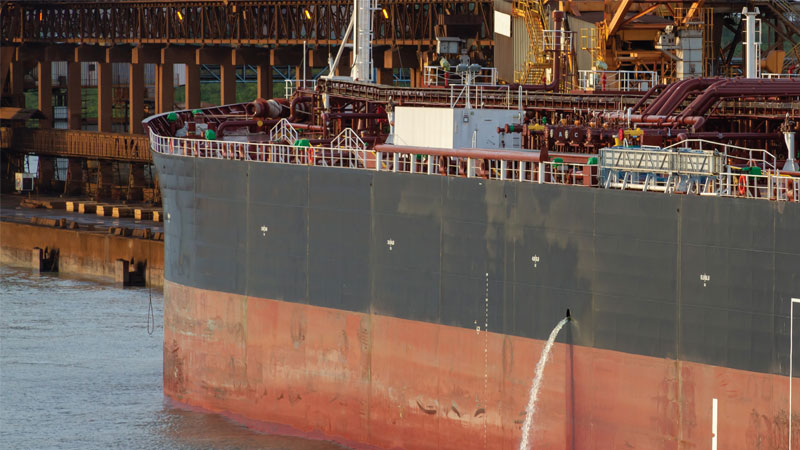By Mike Jarrett
Talk of catastrophic natural disasters in the Caribbean may bring imaginings of screaming, ferocious gale-force winds ripping whole roofs off sturdy buildings;
perhaps visions of murky storm water speeding floating debris through narrow urban streets. Yet, the damage caused by tropical hurricanes, no matter how severe, will usually pale in contrast to the catastrophic, often irreparable damage that nonindigenous invasive species can create if left to multiply.
Damage caused by out-of-control invasive species, flora or fauna, can cause permanent, widespread social and economic destabilization; decimating whole communities by way of famine and, ultimately, emigration. The Caribbean region, with its delicately balanced eco-systems, is particularly vulnerable – not just environmentally but socially and economically as well. This vulnerability is evident in countries and regions where the environment is a pillar of the national economy and a critical driver of economic and social development. Yet regional defences against careless or reckless introduction of non-indigenous species appear relatively weak despite general awareness of the risks and catastrophic consequences. There is even evidence of some disinterest.
BALLAST WATER
Ballast is essential for operating ships. It is the weight in the bottom of the hold that gives the vessel stability for carrying various types and volumes of cargo. Before the advent of steel-hulled ships, ballast was dry material. With steel hulls came the ability and convenience of using water as ballast. When the cargo is relatively light, water is pumped into ballast tanks as weight to allow the ship to float lower and more stable. When the cargo is relatively heavy, there is less need for weight and ballast water, now no longer needed, is pumped out into the receiving waters. Ships are therefore moving water in their ballast tanks from one port to another; from one ecosystem to another, often half-way around the Earth.
Concern about the risks posed by transportation of water from one ecosystem to another gained the attention of the International Maritime Organization and drove the world body to study the impacts. This resulted in the promulgation of the International Convention for the Control and Management of Ships’ Ballast Water and Sediments (BWM) on February 13, 2004. The convention, called ‘Ballast Water 2004’, came into force more than 13 years later, on September 8, 2017.
As of December 20, 2018, at least eight independent Caribbean countries had not yet acceded to this important global agreement.
According to the IMO, invasive aquatic species present a major threat to marine ecosystems. The organization identified shipping as a major factor in moving species from one environment to another. The problem, the IMO stated, only got worse with the growth and expansion of global trade and the introduction of steel hulls.
GREAT LAKES DILEMMA
According to Ontario’s Invading Species Awareness Program, more than half of the non-indigenous aquatic species found in the Great Lakes came there in ballast water. And so, in 2006, the federal governments of Canada and the US developed joint legislation requiring ocean freighters to treat their ballast water prior to entering the Great Lakes. Since this effort, zero species have been introduced through ballast water, the organization stated on its website. Notwithstanding, the struggle to control the proliferation of non-indigenous aquatic creatures in the greatest freshwater system in the hemisphere and the planet continues assiduously.
The National Oceanic and Atmospheric Administration (NOAA) Regional Collaboration, says the Great Lakes ecosystem has been ‘severely damaged’ by more than 180 invasive and non-native species, including zebra mussel, quagga mussel, round goby, sea lamprey, and alewife. They reproduce and spread, ultimately degrading habitat, out-competing native species and short-circuiting food webs.

